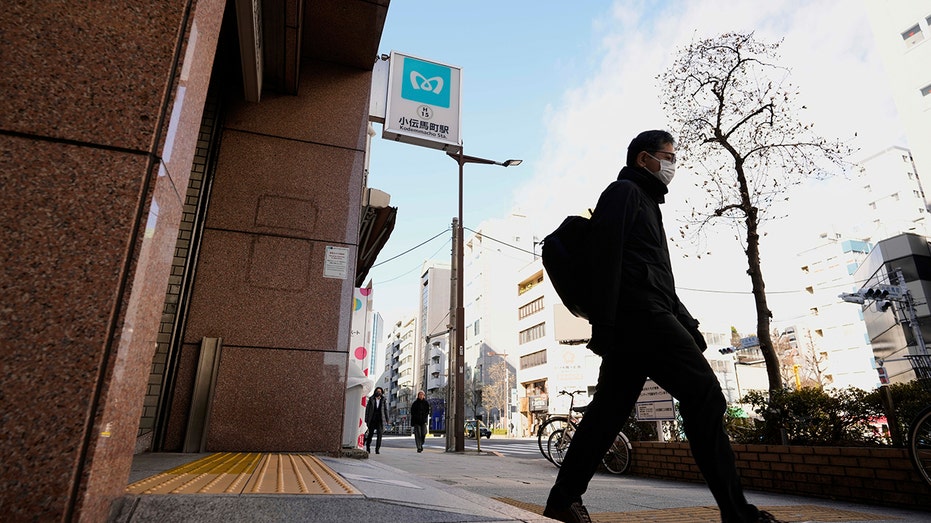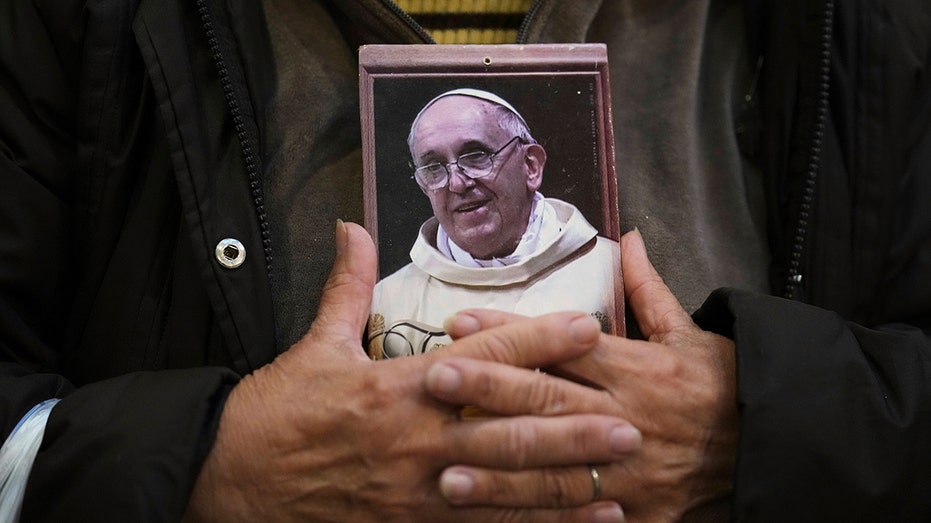30 Years After Tokyo Subway Sarin Attack, Closure Remains Elusive for Victims and Families

Sarah Johnson
March 22, 2025
Brief
Thirty years after the Tokyo subway sarin attack by Aum Shinrikyo, survivors still seek justice as successor cults persist and memories of the tragedy endure in Japan.
Thirty years after the devastating sarin nerve gas attack on Tokyo's subway system, survivors and families of those killed are still searching for justice and closure. The attack, carried out on March 20, 1995, by members of the Aum Shinrikyo cult, claimed 13 lives and left thousands sickened in what remains one of Japan’s most horrifying tragedies.
The cult's founder, Shoko Asahara, along with 12 of his followers, was executed in 2018, but the scars linger. Roughly 1,600 former cult members continue to operate under rebranded organizations, ignoring court orders to pay damages to victims and their families.
Shizue Takahashi, who lost her husband Kazumasa, a subway station employee, in the attack, shared her enduring pain. "My life is still being ruined by Aum and its successor groups," she said, emphasizing the importance of keeping the memories alive to prevent future atrocities.
At the heart of Tokyo during the morning rush hour, five cult members released sarin gas on separate subway cars by puncturing bags with umbrellas. Within minutes, chaos erupted as commuters fled the trains, gasping for air and seeking help. Kazumasa Takahashi unknowingly attempted to clean up the deadly substance, sacrificing his life in the process.
The attack, which sickened over 6,000 people and led to a 14th death years later, might have been preventable. According to survivors’ lawyer Yuji Nakamura, a botched police investigation into previous crimes by the cult failed to connect the group to earlier atrocities.
Tokyo police raided the cult's headquarters two days after the attack, discovering sarin production facilities and capturing Asahara, who was hiding in a secret compartment. Aum Shinrikyo, founded by Asahara in 1984, attracted disillusioned young people with a bizarre mix of religious teachings and apocalyptic prophecies. Members paid for grotesque rituals, such as drinking the founder’s bathwater, believing it would elevate their spirits.
Over the years, the cult amassed wealth from donations, yoga classes, and health food businesses, enabling them to manufacture chemical and biological weapons. Their criminal activities escalated, culminating in the subway gassing as part of a plot to hasten Armageddon.
Despite the disbanding of Aum Shinrikyo, its successor group, Aleph, has refused to comply with a court order to pay 1 billion yen ($6.7 million) in compensation. Survivors continue to suffer health issues and trauma, while Takahashi and others have urged authorities to take stronger action against these groups.
Journalist Shoko Egawa points out that lessons from the Aum crimes have not been adequately shared with the public. "There is still a lot to learn from the Aum problems, including how they attracted followers, so that we can prevent people from getting their lives ruined by cults," she said.
Efforts to keep the memories alive include a website recently launched by Takahashi, compiling stories from survivors, lawyers, and writers, including Haruki Murakami’s reflections on the tragedy.
While Japan has enacted laws banning sarin production and possession, and bolstered police capabilities, the persistence of groups like Aleph remains a haunting reminder of the cult’s dark legacy. Minoru Kariya, whose father was murdered by Aum members, expressed fears about their ongoing activities. "It’s scary that they still exist and are operating as organizations and recruiting new followers," he said.
Topics
Editor's Comments
It's mind-boggling how a group claiming spiritual enlightenment could orchestrate such cold-blooded terror. The fact that their successors still operate in plain sight is chilling and speaks volumes about the system’s gaps in curbing cult activities.
Like this article? Share it with your friends!
If you find this article interesting, feel free to share it with your friends!
Thank you for your support! Sharing is the greatest encouragement for us.



